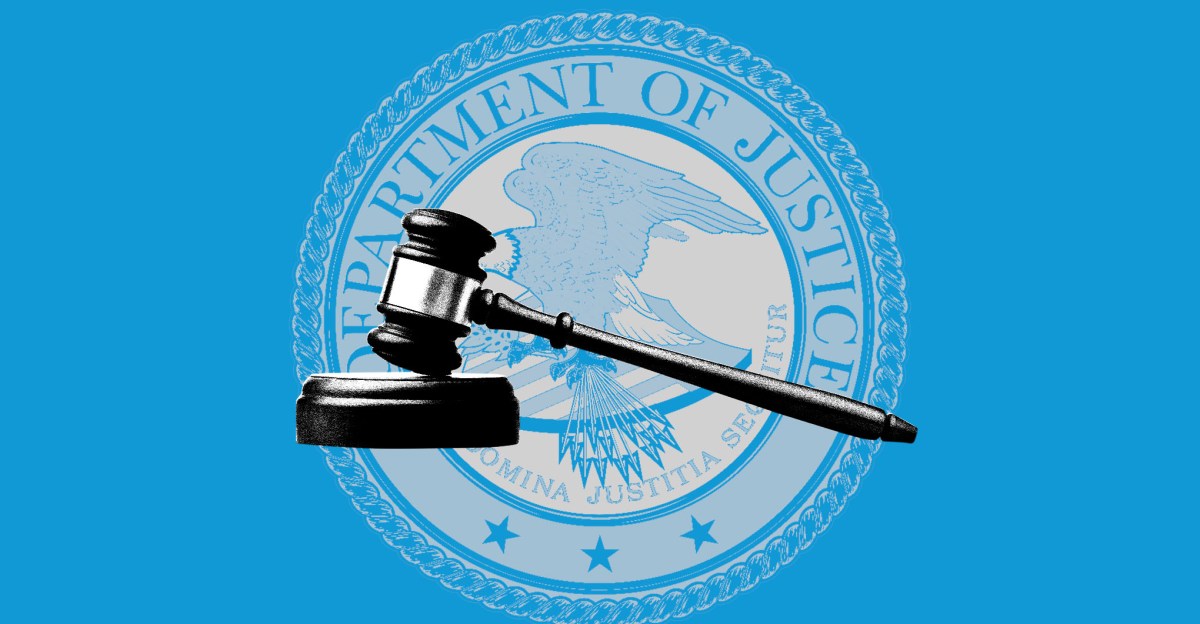Gaby Del Valle is a policy reporter. Her past work has focused on immigration politics, border surveillance technologies, and the rise of the New Right.
The Trump administration is disbanding a Department of Justice unit dedicated to enforcing cryptocurrency fraud, ending what it calls “regulation by prosecution.”
In a memo obtained by The Washington Post, deputy attorney general Todd Blanche directed federal prosecutors to cease “litigation or enforcement actions that have the effect of superimposing regulatory frameworks on digital assets.” Prosecutors were told to “no longer target virtual currency exchanges, mixing and tumbling services, and offline wallets for the acts of their end users or unwittingly violations of regulations.” Blanche ordered prosecutors to close ongoing investigations that are “inconsistent” with the new policy.
Trump, a former cryptocurrency skeptic, has reversed course in recent years, positioning himself as the crypto industry’s political champion and receiving donations from crypto billionaires in turn. He headlined the 2024 Bitcoin Conference in Nashville, and launched his own “crypto platform” ahead of the presidential election. As president, he has helped enrich the crypto interests that helped him get elected — and now he’s effectively promising to deregulate the industry altogether.
Per Blanche’s memo, which was circulated on Monday, the Justice Department is dropping litigation and enforcement actions “while President Trump’s actual regulators do this work outside the punitive criminal justice framework.”
But Trump is scaling back regulations outside of litigation, too. Trump’s Securities and Exchange Commission has dropped several investigations of and lawsuits against companies that allegedly violated securities violations, including Robinhood and Coinbase. Robinhood CEO Vlad Tenev donated $2 million to Trump’s inauguration, and Robinhood lists Trump’s meme coin on its exchange.
Instead of policing crypto platforms and exchanges, Trump’s DOJ will “focus on prosecuting individuals who victimize digital asset investors, or those who use digital assets in furtherance of criminal offenses such as terrorism, narcotics and human trafficking, organized crime, hacking, and cartel financing.”

